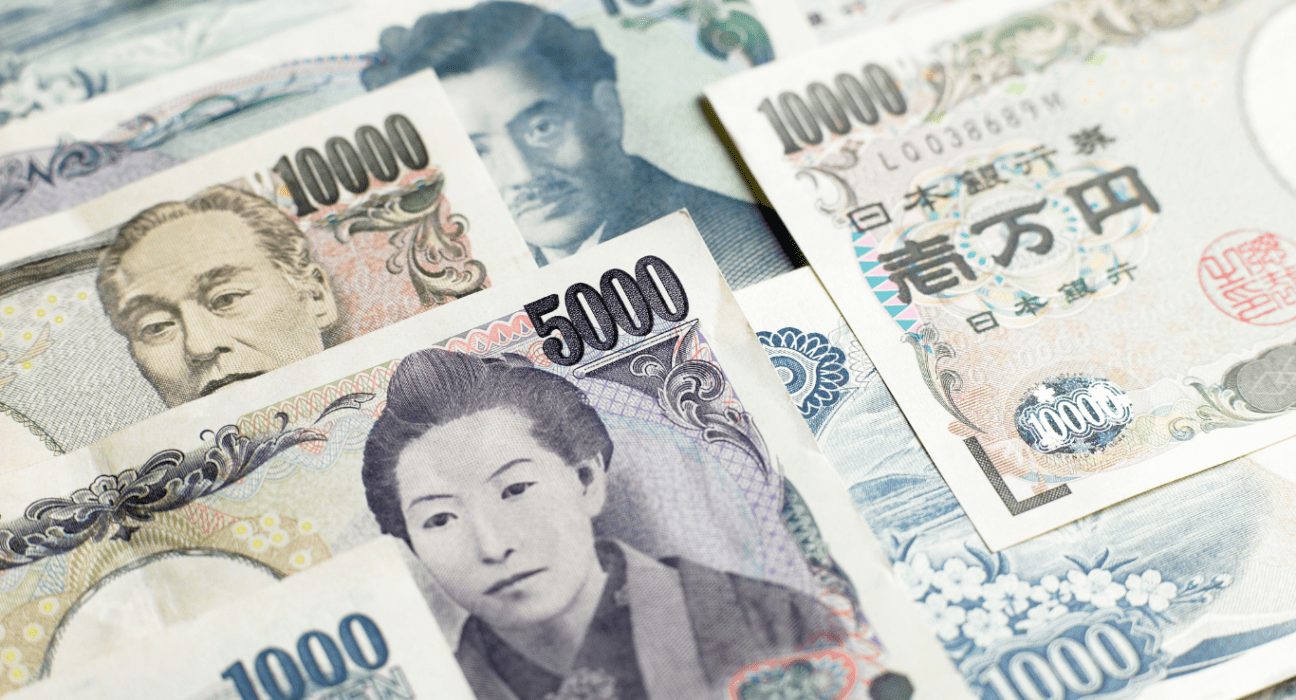Japan’s Ministry of Finance (MOF) announced that it made a record intervention in the foreign exchange market in October by selling the dollar worth 6.35 trillion yen ($48 billion) to support the yen currency. The move followed a steep drop in the yen to a 32-year low of 151.94 to the dollar on October 21, which triggered the intervention that day, followed by another on October 24.
The MOF stated that the interventions aimed to counter excessive currency moves driven by speculative trading and that they had a certain effect. Finance Minister Shunichi Suzuki told reporters that it was essential for currencies to reflect economic fundamentals and that future interventions were not entirely ruled out.
This comes after Tokyo intervened to buy the yen for dollars for the first time in 24 years on September 22. On October 21, Japan spent a record 5.62 trillion yen ($42.5 billion) on a single day yen-buying intervention, followed by a further 730 billion yen on October 24, having spent 2.84 trillion yen on September 22 to stem the yen’s sharp fall. The yen’s decline had raised living costs for resource-deficient Japan.
It is rare for Japan to conduct yen-buying, dollar-selling interventions, given the country’s previous struggles with a strong yen that made Japanese goods less competitive overseas. However, a further yen depreciation could harm Japanese exports of cars and electronics.
The interventions were also a response to speculative trading, which can lead to excessive currency moves that harm the economy and destabilize financial markets. Speculators can create sudden spikes in currency prices, leading to rapid changes in exchange rates, making it difficult for businesses to plan for the future, and damaging economic growth.
Many other countries have also intervened in the foreign exchange market to support their currencies, using a variety of tools, including buying and selling currencies, using interest rates, and implementing capital controls. While these interventions can be controversial, they can also be necessary to maintain economic stability and prevent market volatility.
Japan’s stealth interventions are not unique. However, they must be used judiciously to maintain economic stability and prevent market volatility, as they can distort the market and create artificial price movements.
The MOF publishes monthly intervention records at the end of each month and issues daily results for the previous quarter. On Tuesday, separate MOF data showed that Japan’s foreign reserves rose for the third straight month to $1.25 trillion at the end of January, boosted by interest payments on foreign bonds, waning interest rates, softening of the dollar, and gains in gold.
In conclusion, Japan’s record interventions in the foreign exchange market were a response to the yen’s sharp drop and speculative trading. The interventions aimed to counter excessive currency moves, and they had a certain effect. While future interventions are not entirely ruled out, it is crucial for currencies to reflect economic fundamentals. Interventions can be controversial, but they can also be necessary to maintain economic stability and prevent market volatility.










